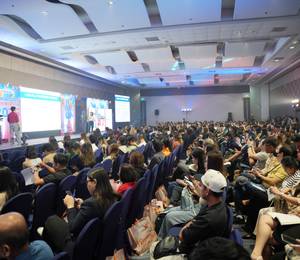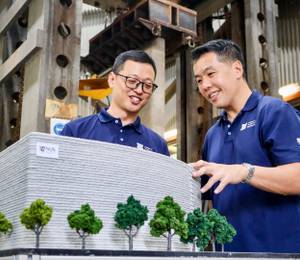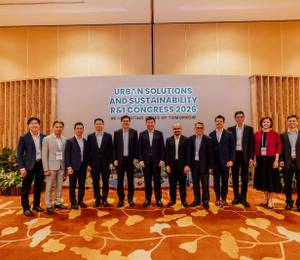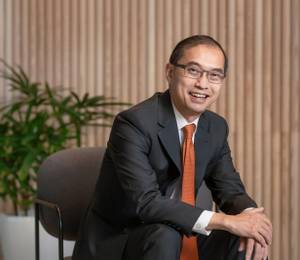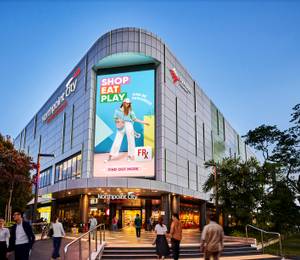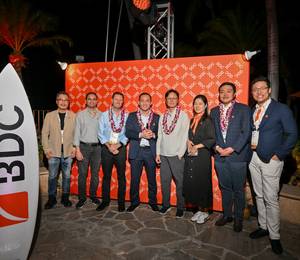World Building of the Year supported by GROHE went to Darlington Public School in Australia, designed by fjcstudio. The community school is located on the fringe of the city of Sydney, and has a strong connection to Aboriginal people embodied in its redesign.
The transformed school now seamlessly connects to its surroundings, offering glimpses of the inner courtyard from the main entrance, promoting a sense of privacy and community for the children, as well as providing facilities that are publicly accessible including the community hall, covered outdoor learning area and library.
Collaboration took place with educational consultants and the school community to inform the brief, resulting in an inclusive learning environment by the architects. The redesign embraces the rich indigenous culture through the artistic heritage of the school, conserving and displaying aboriginal artworks around the school to preserve stories of the country for future generations. A community garden with indigenous plants has also been created to teach students indigenous cooking and culture.
The school continued to operate during construction, minimising time, cost and disruption. The building also embraces sustainability, with passive design elements such as sawtooth roofs angled to the sun, high-level glazing for indirect daylight, and protective curved screens for filtered daylight.
Alessandro Rossi, Associate at fjcstudio commented: “It’s very humbling given the modest scale of the building – it’s a little school project, so to have won against all the other big projects at WAF is a testament to the client and the community engagement that helped drive the design process. The real winners are the children who will spend time in the building - a place of enrichment for many years to come.”
On behalf of the jury Paul Finch, Programme Director of the World Architecture Festival commented on: "the very high quality of several of this year’s finalists, not least the National Star Observatory in Cyprus, but the jury’s unanimous decision was reached relatively easily.
"The architect of the winning project explored and extended the formal programme of the client, to include the views and experience of the local community and a variety of users. This generated a reading of the history of place, culture and time.
"The result of the project is poetic, a building in which topography and landscape, inside and outside, form and materials, flow seamlessly in an unexpectedly delightful way. It is also an inspirational proposition about the acknowledgement and reconciliation of historic difference – a pointer to brighter, better futures for all.”
The Super Jury for World Building of the Year chaired by Sonali Rastogi, comprised Emre Arolat, Mario Cucinella and Ian Ritchie.
